This week’s good climate news
With so much still to do to slow warming and avoid the worst impacts of climate change, it’s important to fortify ourselves by celebrating wins along the way.
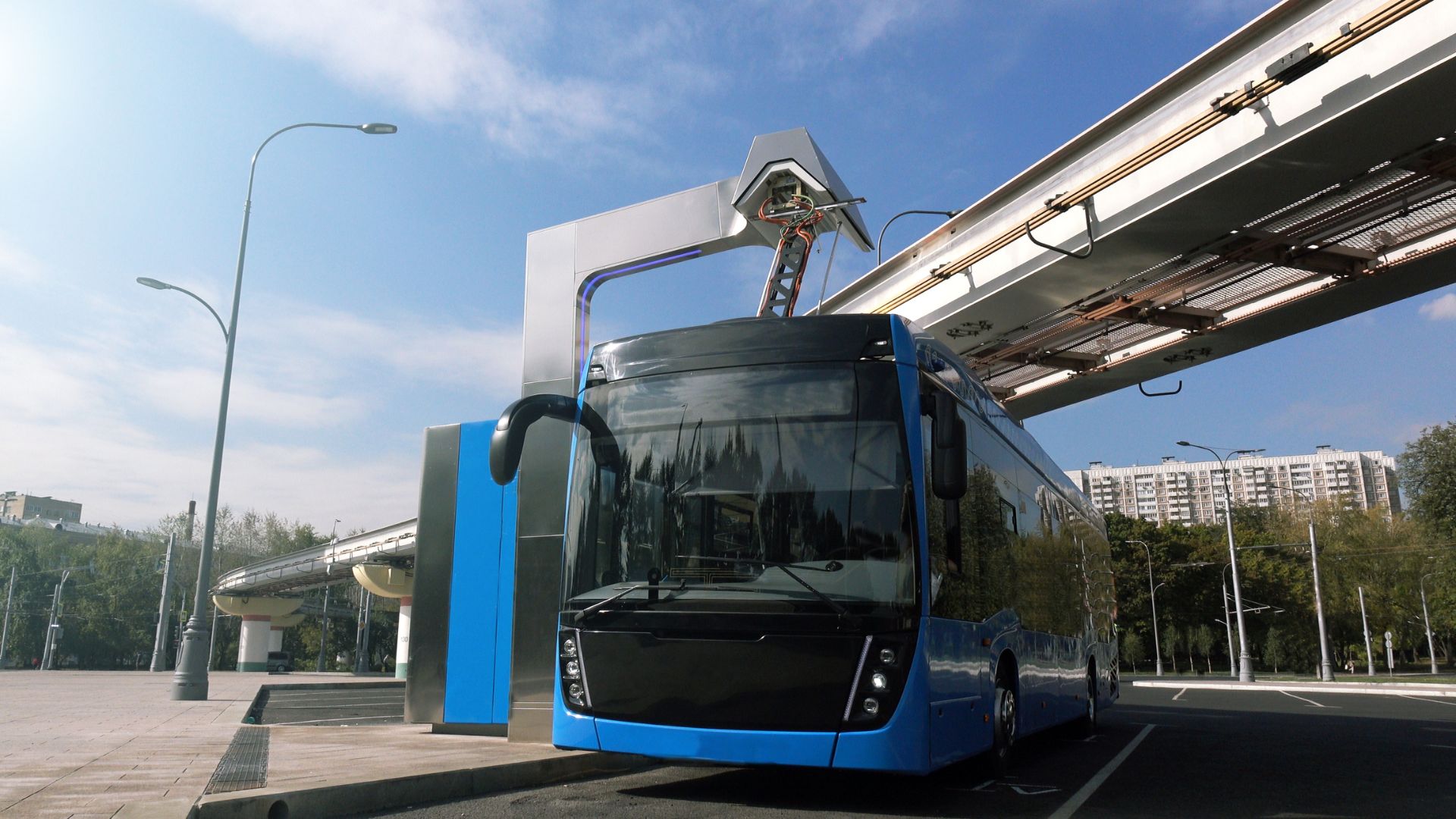
Zero-emission buses hitting the street
With $1.66 billion in grants from the Department of Transportation, the U.S. is poised to nearly double the number of zero-emission buses on the road. Cleaning up buses can have a big impact especially as more people are utilizing public transit to return to the office.
These new buses are just the beginning as the infrastructure bill provides $5.5 billion in bus grants over the next five years.
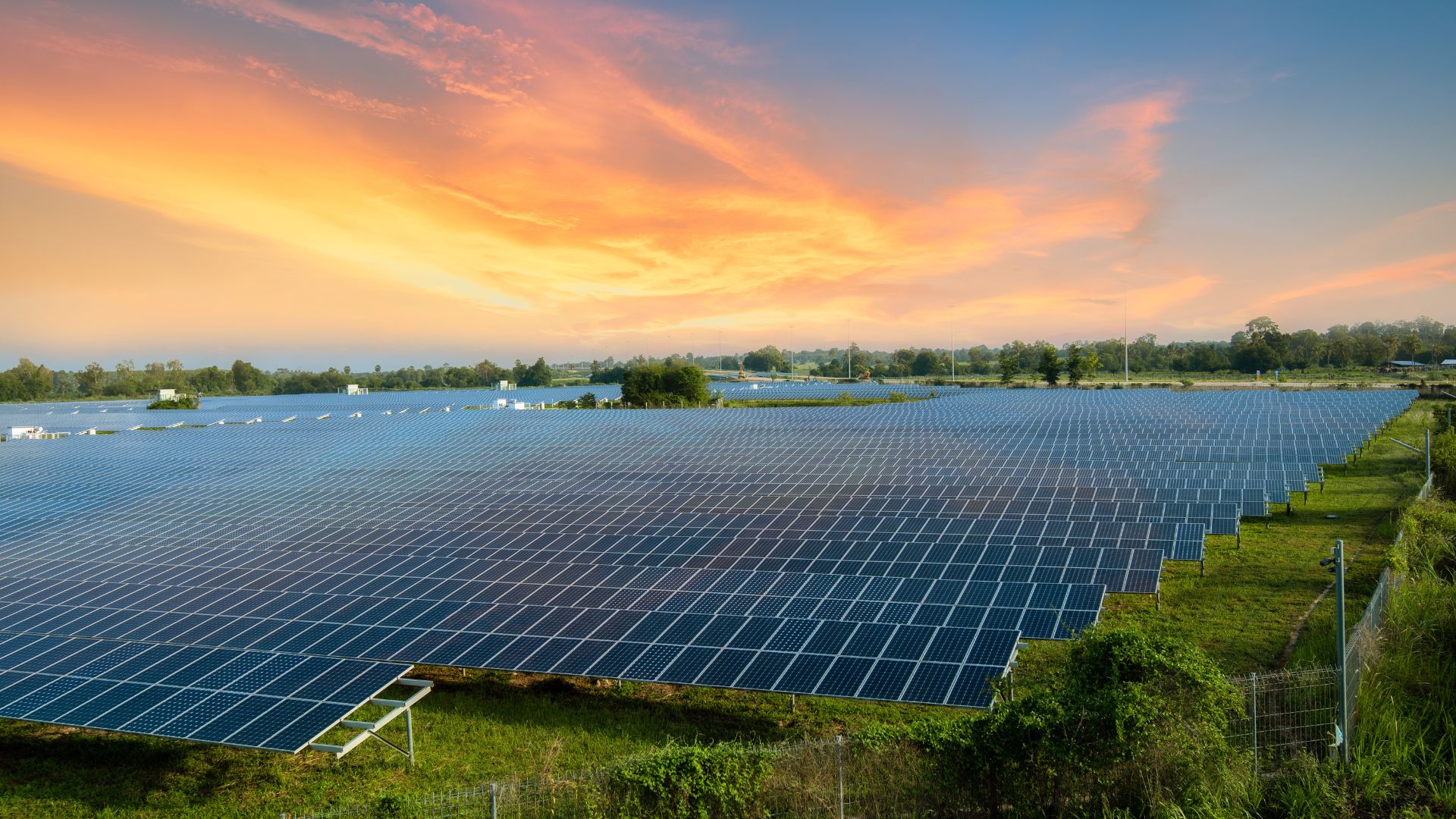
Massive solar farm landing in northern Virginia
Renewable energy is ready for takeoff. An 835-acre (which is better than 747 acres) solar facility is about to touch down at Dulles International Airport, just outside Washington D.C. Fasten your seatbelts, as this solar farm could power more than 37,000 homes in northern Virginia.
Expect an on-time arrival as construction begins in 2023 and electricity will be flowing by 2024.
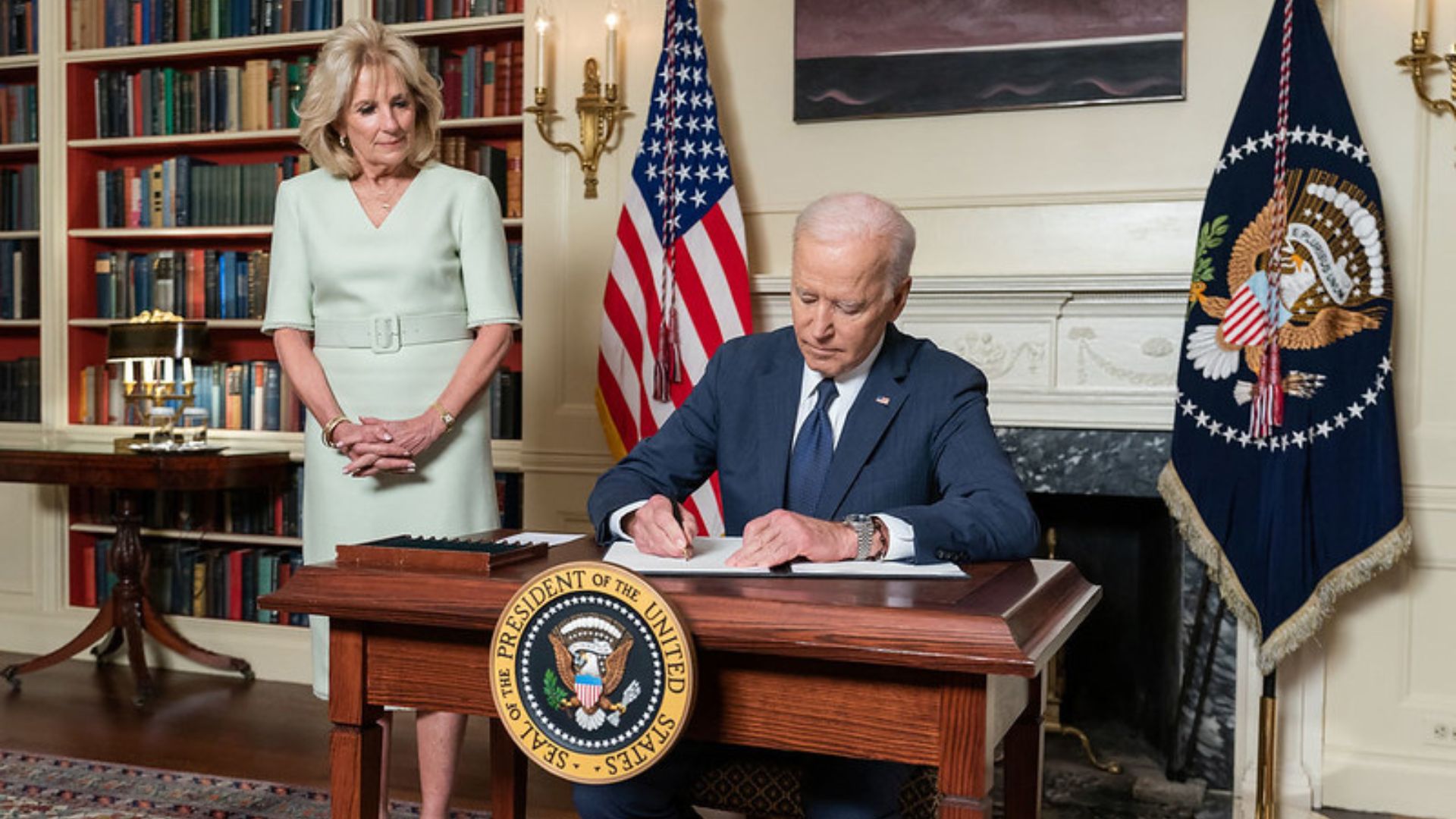
We did it, Joe — Inflation Reduction Act is law
This week, President Biden signed the most ambitious climate legislation in U.S. history: The Inflation Reduction Act. The new bill is a historic step forward. The $369 billion allocated for clean energy investments will have a massive impact lowering energy costs, making the electric grid cleaner and creating more than 9 million jobs.
“It’s the biggest thing in my lifetime, it’s the biggest thing in any of our lifetimes,” said EDF President Fred Krupp.
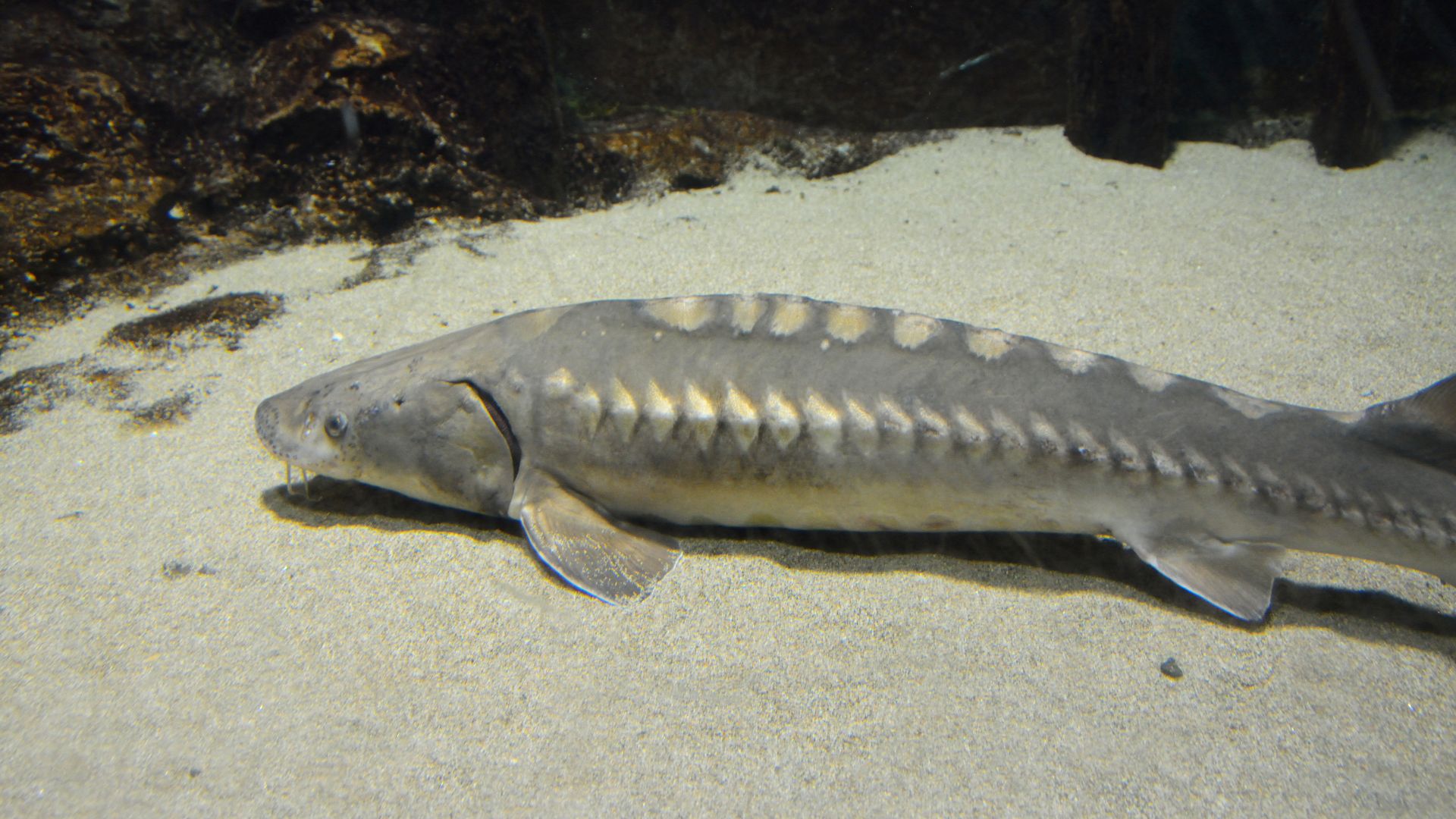
Welcome to Jurassic Lake
A group of scientists and students identified three female lake sturgeons with mature eggs in Georgia. The prehistoric fish hasn’t spawned here in 50 years, yet this discovery could signal the lake sturgeon’s return to the state.
The U.S. Fish and Wildlife Service is considering adding a federal protection for sturgeon because of overfishing for caviar and pollution destroying their habitats.
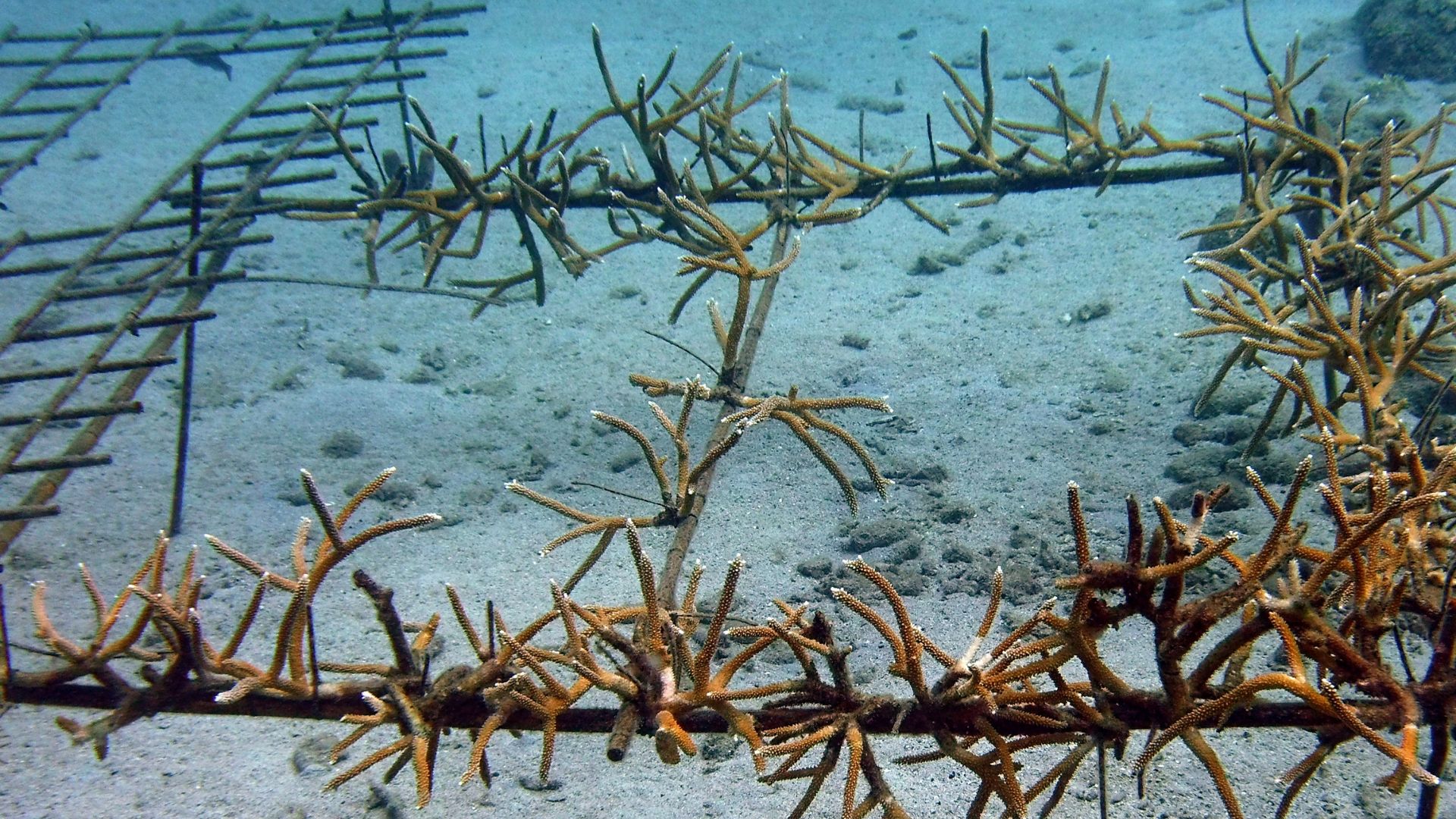
Hybrid coral to protect Florida coastlines
University of Miami scientists and students are developing hybrid coral reefs to protect civilian and military infrastructure from destructive hurricanes.
“We will be working on next generation structural designs and concrete materials, and integrating them with novel ecological engineering approaches,” said Andrew Baker, director of the Coral Reef Futures Lab at the Rosenstiel School.










